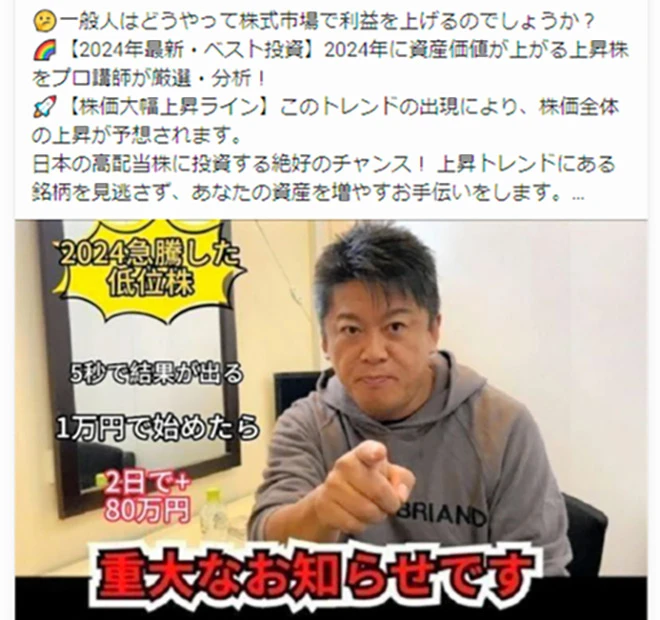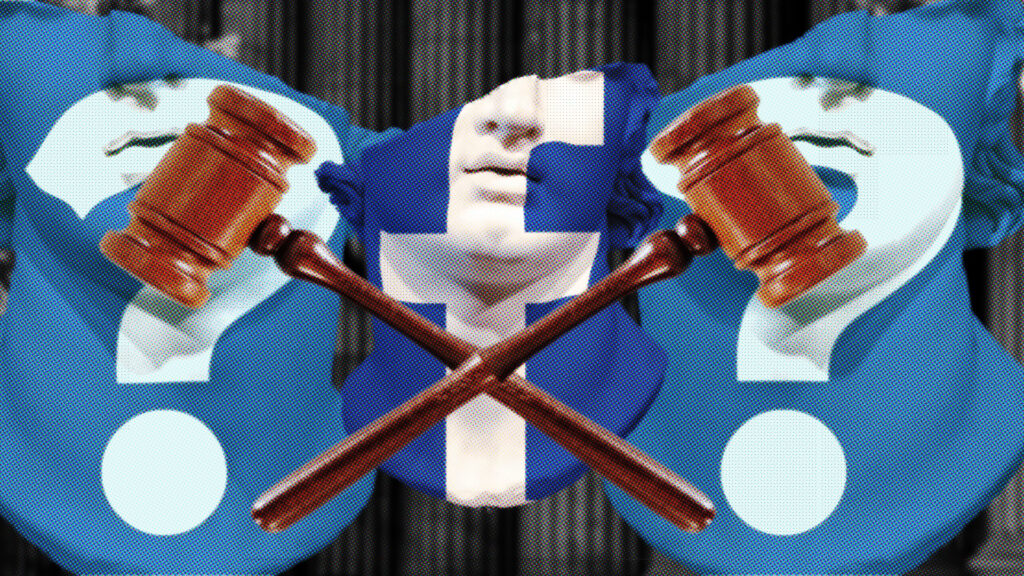Putting the ‘Face’ in ‘Facetious’
I first created an online account using my actual real name and picture on facebook.com sometime in 2005, giving them a level of trust I had not put into any website before. And as I see the company that Facebook (now going by the name of Meta) has become over the last twenty years, I often find myself regretting giving them that trust.
Big (Trouble) in Japan
These days, Meta is just as well-known for getting in trouble with the law as it is for being the world’s biggest social media platform. And recently, here in Japan, the company’s reputation is continuing to fall as it finds itself linked to a consumer fraud lawsuit amounting to ¥435,000,000 (or roughly $3,000,000).
On October 29th, 30 plaintiffs throughout the country, from Osaka, Kobe, Yokohama, Chiba, and Saitama, took Meta to court. They allege that advertisements on Meta products Facebook and Instagram led them to fake investment opportunities into which they paid over ¥100,000,000.
Losing Face

(Photo of Takafumi Horie, entrepreneur, used without permission in a scam ad)
The plaintiffs allege that they were tricked by the investment advertisements partially because of photos in the ads featuring well-known Japanese entrepreneurs, such as Yusaku Maezawa and Takafumi Horie (pictured above).
Horie and others discovered that their likenesses were being used in advertisements like this. Fearing the damage that could be done to consumers (not to mention their own reputations), they made requests to Facebook to take the ads down.
Unbelievably, over a year later, the ads were still up.
Facebook Doesn’t Face Up
Meta has responded with a combination of shifting blame and appeals to sympathy.
Japanese law, they argue, does not require social media companies to exhaustively check every ad and every advertiser for its potential harm to viewers. Meta also points out that while the fraudulent ads appeared on Facebook and Instagram, the actual communication between the scammers and their victims was conducted on popular messaging app LINE, not on any Meta products, and thus they should not be held accountable for what happened off-site.
Meta also claims that it’s difficult to eliminate harmful ads—but this is no surprise because Meta/Facebook has a long history of claiming it’s “difficult” to regulate harmful content on Facebook.
Great Power, No Responsibility
But personally, it makes me wonder. Meta is one of the largest companies on the planet. It has unimaginable amounts of money. It employs some of the brightest minds in the world—why can’t they figure out how to take down ads on their own website?
Why has it been so hard for so long to do the right thing? Why does it seem like Facebook is unmotivated to change its ways until its legally forced to?
Facebook is one of the most powerful companies on the planet—but maybe it’s not powerful enough to control itself.
Sources:
- https://english.kyodonews.net/news/2024/10/4a58fed671da-urgent-facebook-owner-meta-sued-at-courts-in-japan-over-fake-ads.html
- https://japannews.yomiuri.co.jp/society/crime-courts/20241030-219549/
- https://www.asahi.com/ajw/articles/15226870
- https://www.japantimes.co.jp/news/2024/10/29/japan/crime-legal/investment-fraud-meta
Photo by Alex Eckermann on Unsplash


Comments